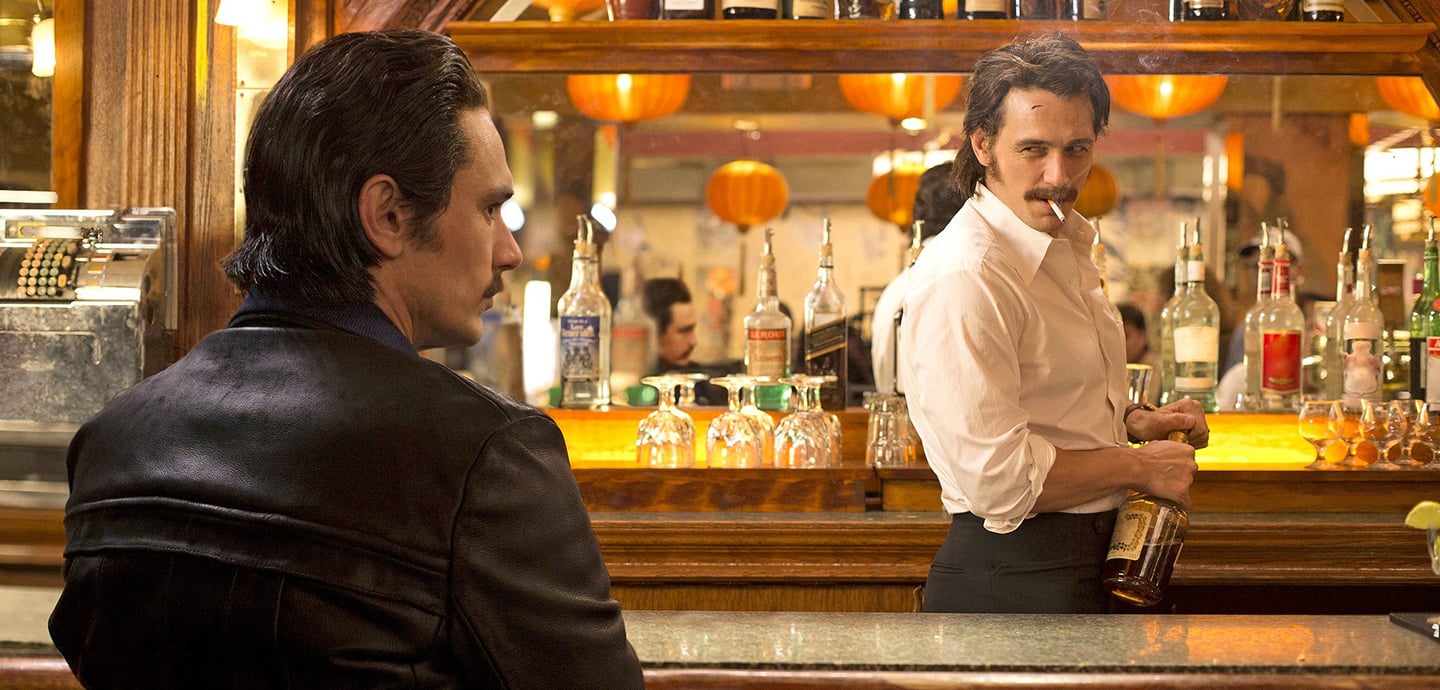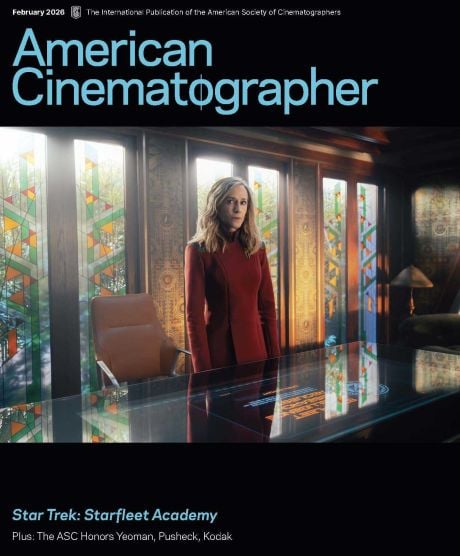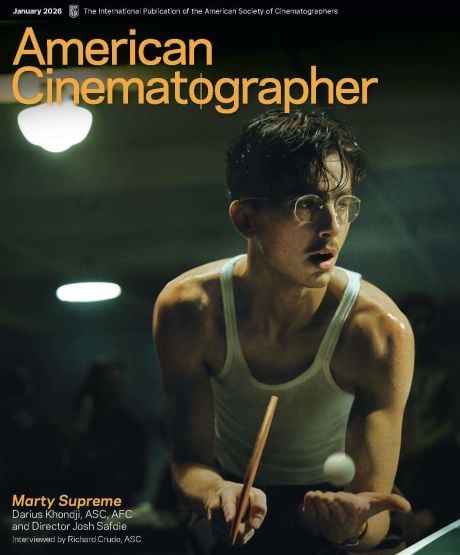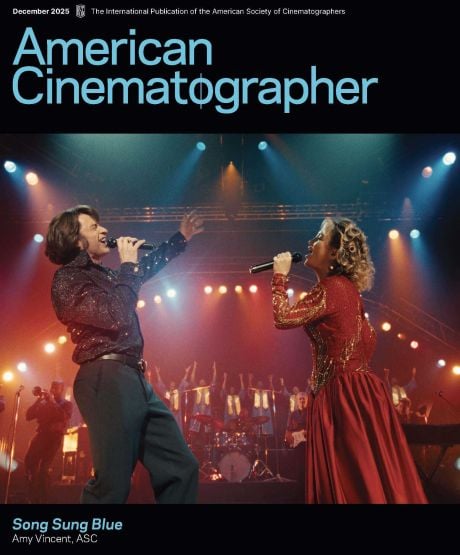SPONSORED BY: ASC Master Class
With Vanja Černjul, ASC, HFS, cinematographer & Iain Marcks, host
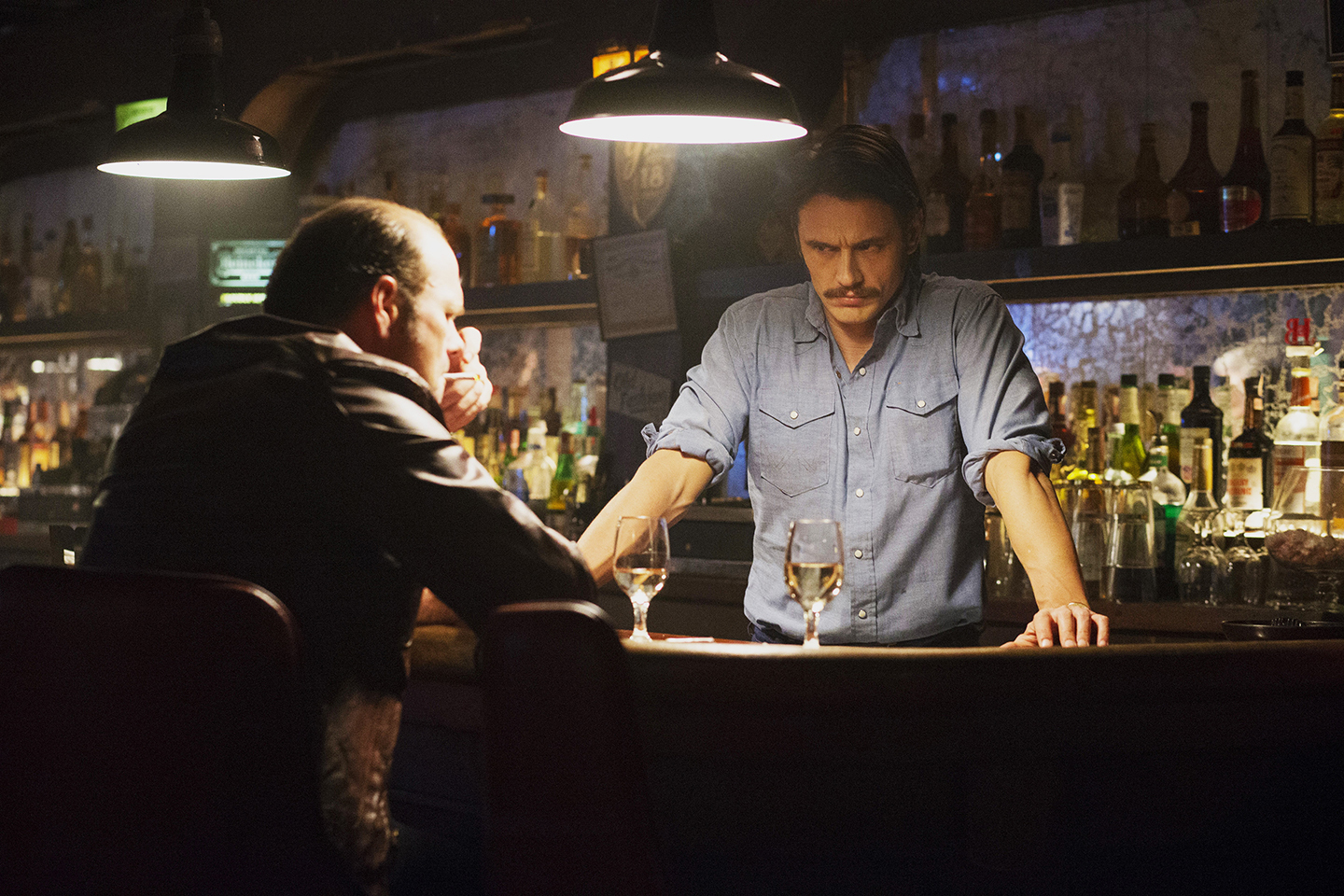
Created and written by David Simon (The Wire, Treme) and crime fiction author George Pelecanos, The Deuce was shot by cinematographer Vanja Černjul, ASC, HFS (Orange Is the New Black, Nurse Jackie) with Panasonic VariCam 35 cameras.
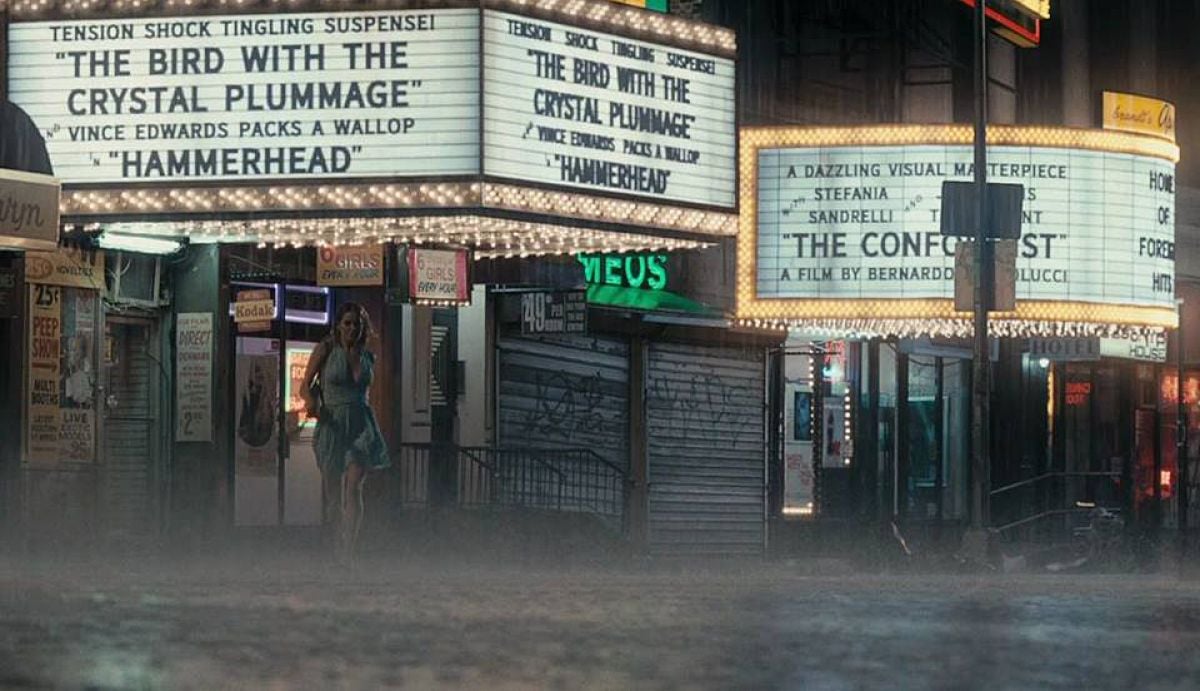
The HBO series set in and around Times Square in New York and tells the story of the legalization and growth of the porn industry in the 1970s, as well as the rise of HIV and the drug epidemic. The show stars James Franco, playing twin brothers Vincent and Frankie Martino, who become fronts for the Mob. Maggie Gyllenhaal also stars as Eileen “Candy” Merrell, a sex worker who is drawn into the porn industry.
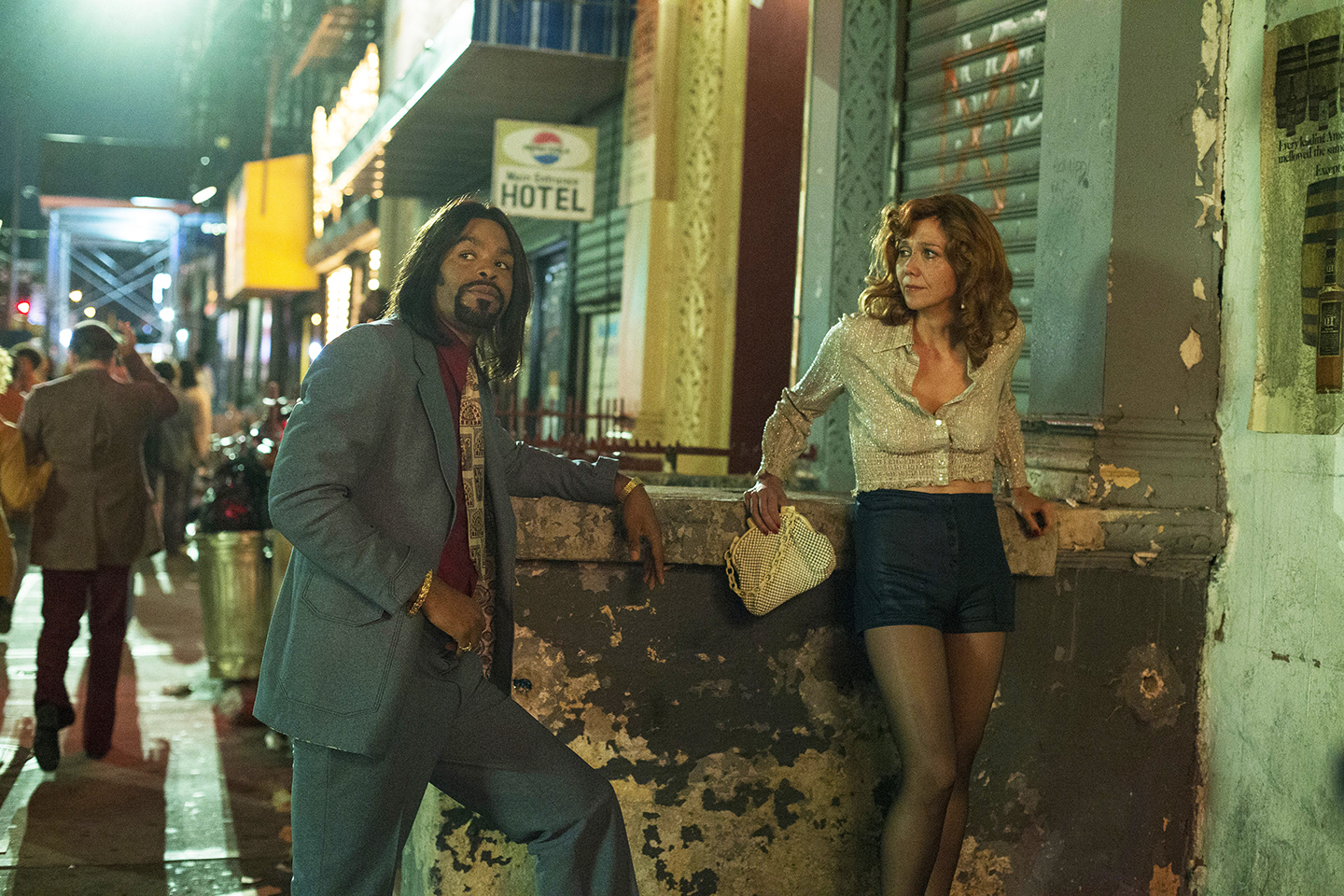
After reading some of the scripts, one of the challenges was figuring out how to move quickly from one location to another in New York City. Černjul wanted to capture as much of New York “for free” because he knew he wouldn’t be able to shoot in the distance for blocks since it was a period piece. The production had already created two sets and Černjul wanted them to feel the same as the actual locations, so ceilings and practical lights were built into the sets.
For the look of the series, the cinematographer had to decide whether to simulate the movies of the 1970s with a faded look, or make it feel like you’re shooting on location with cutting-edge digital tools. “Rather than trying to impose a ‘found footage’ style, I thought it would be more interesting to make it look real, as if it were happening today,” explains Černjul. “That was one of the early choices we made.
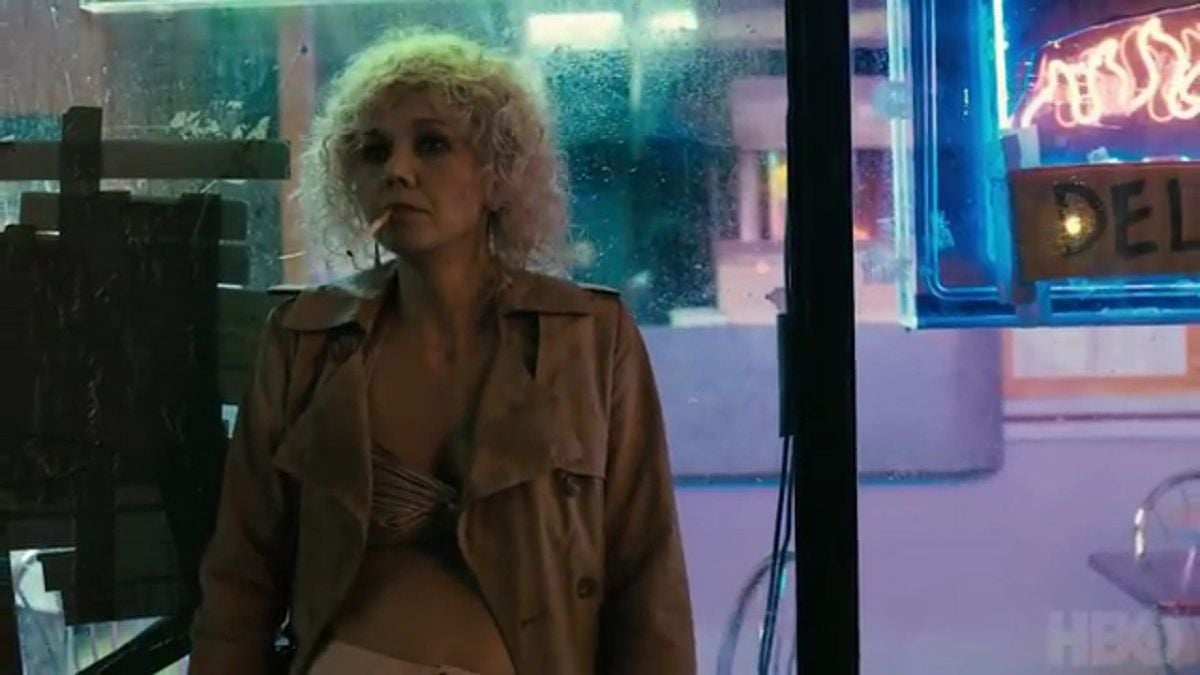
Černjul used Panasonic VariCam 35s for the series. He shot full HD (1920 x 1080) ProRes files at 23.98-fps. The lenses he used were Panavision PVintage primes, which were also used on the pilot. The cinematographer adds: “I tested all the different ISO ratings and I found the sweet spot for what we wanted to do with the LUTs, which Senior Colorist Sam Daley at Technicolor PostWorks NY helped create for the show, was 3200, dropped down from 5,000. I got a very clean and beautiful image that worked really well with the LUT we were using. The clean image was important for me because we made a choice to treat the whole series with a texturizer called Live Grain, which made it feel like a real film grain. I didn’t want this grain to interact with the noise of the camera so it was important to have a clean image to begin with and texturize it to have more control.”
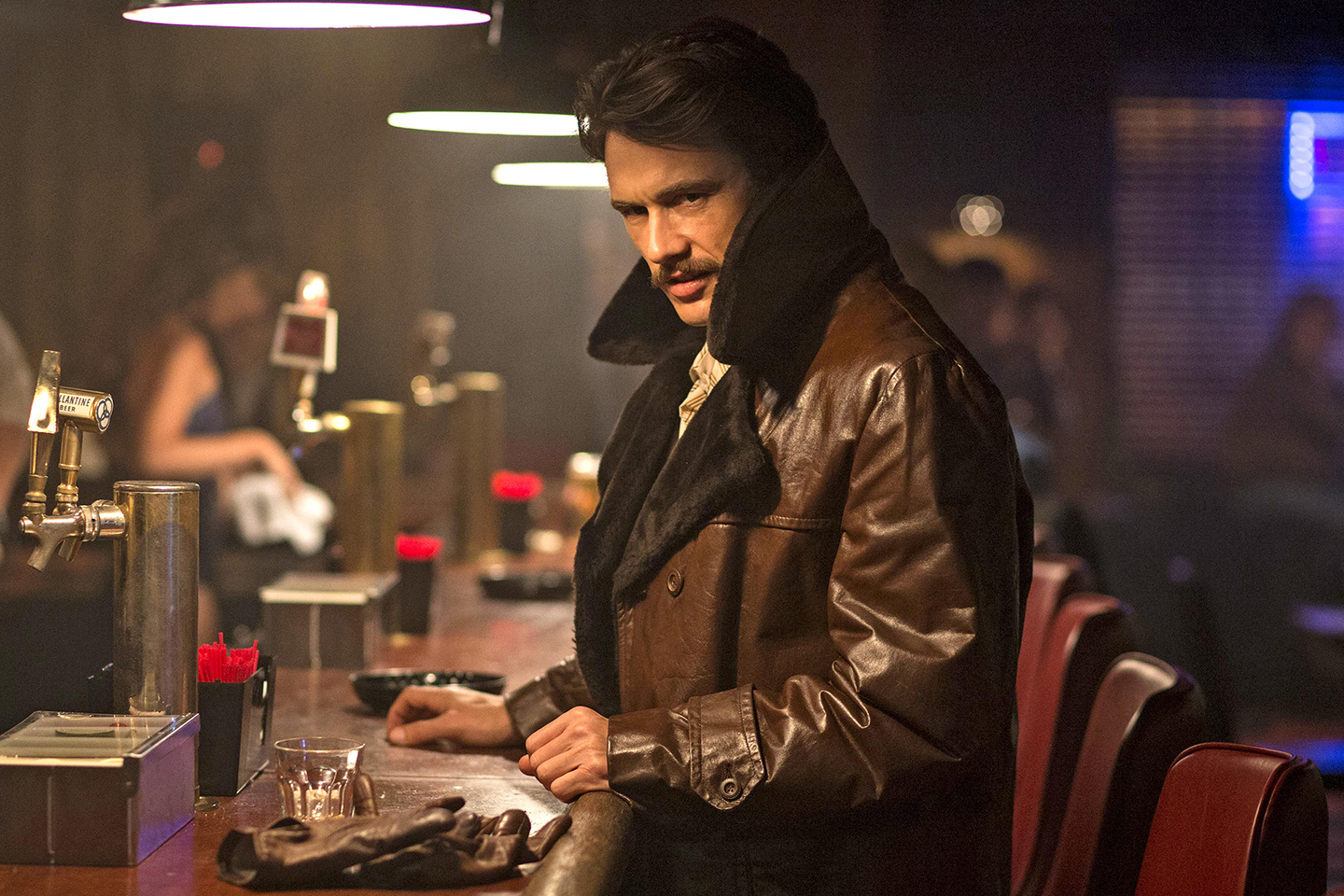
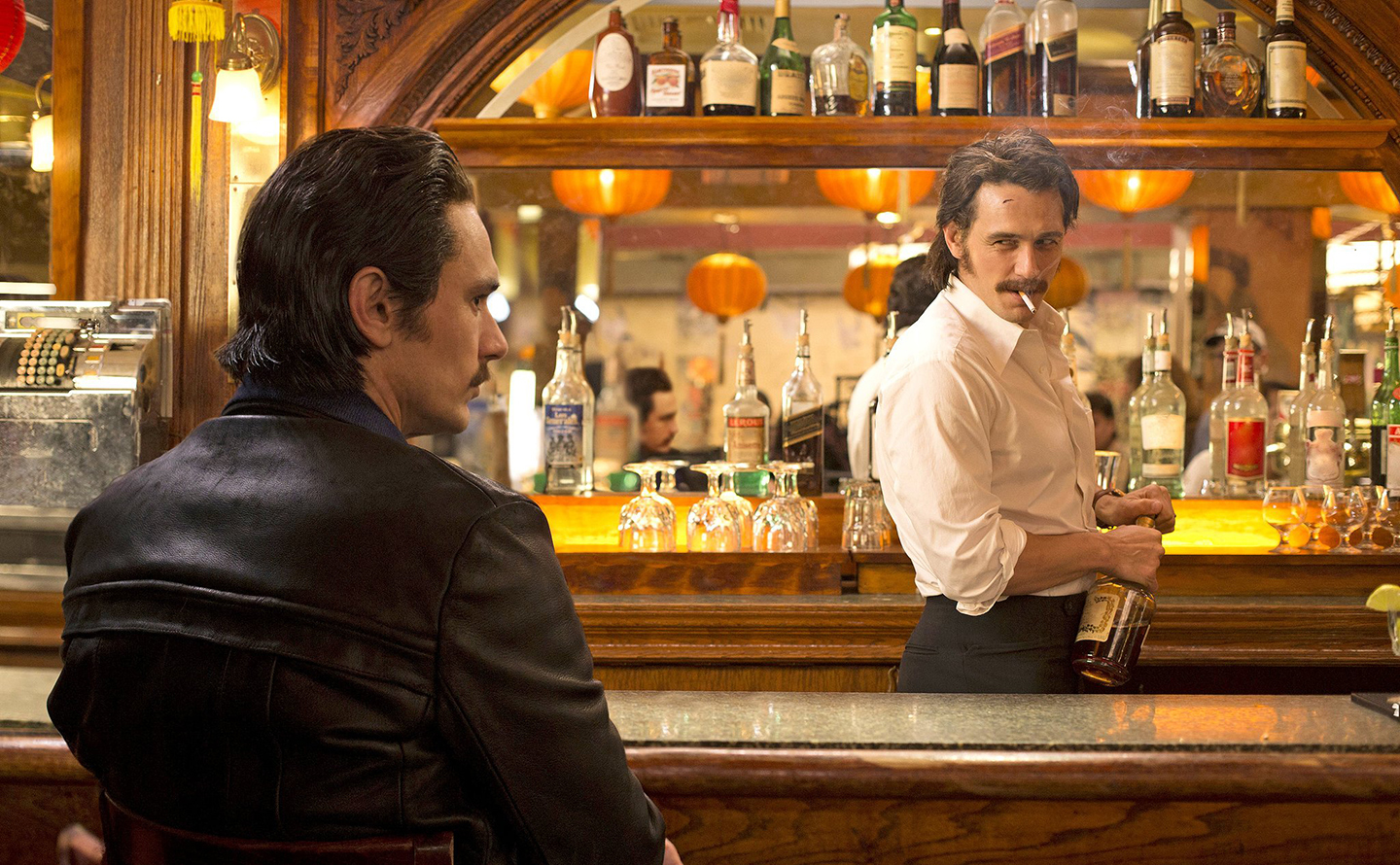
Instead of using native ISOs, Černjul was all over the map. “The beauty of the VariCam is the flexibility,” he explains. “I could have gone anywhere from 800 to 3200, even within a single scene and it will be perfectly matched. Basically, I could decide shot by shot. For example, I started at 800 and for whatever reason if I wanted to capture extreme depth of field, I could switch to 2500. Once you get used to having the flexibility and power, you start doing things that were unthinkable before — using filters indoors that you normally wouldn’t use in a dark setting because you couldn’t afford to lose two stops. Or you start using gels that would take too much light on small light sources. Switching to slow motion when you had no plans for slow motion and you’re already lit for 24 frames. It gives you a freedom. Once experienced, it’s hard to go back.”
The entire series was graded by Černjul and Daley at Technicolor PostWorks NY. The final look was similar to how the cinematographer worked everything out on set through his viewing LUT. They also graded the entire season in Dolby Vision HDR.
About the Cinematographer
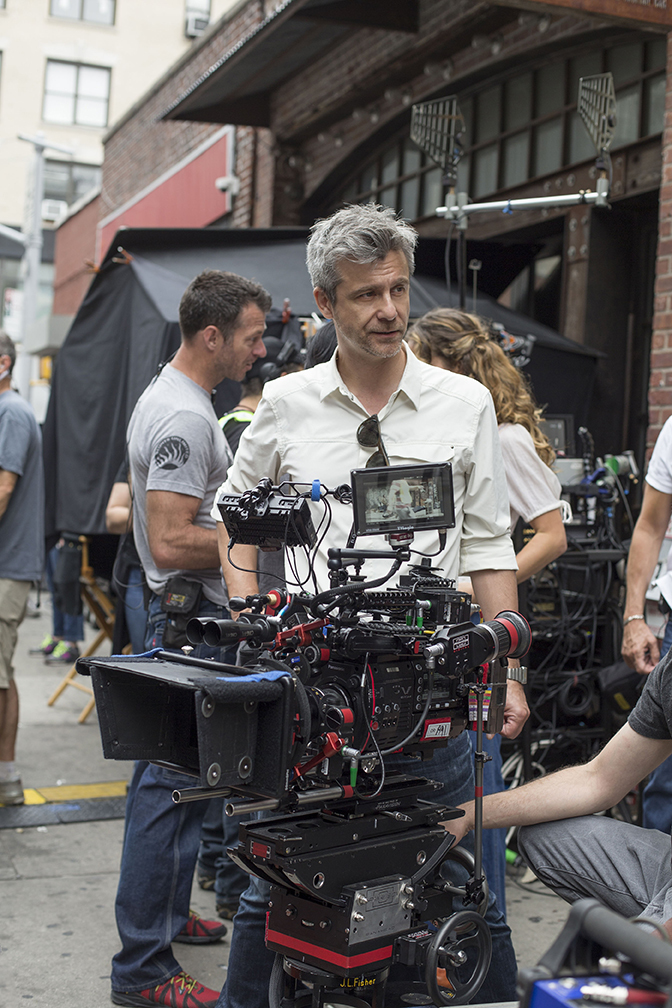
Vanja Černjul, ASC, HFS was born in Croatia and earned his first cinematography degree from the Academy of Dramatic Arts at the University of Zagreb in 1991. Graduation ceremonies coincided with the first political and military actions that triggered the Croatian War of Independence. Days after graduation, Černjul pledged his skills to reporting the upheaval to the rest of the world and joined the ranks of international journalists providing combat footage for international news outlets like BBC, CNN and NBC. Employed directly by Worldwide Televison News (Associated Press TV) and Vis News (Reuters TV), his syndicated coverage of the conflict in the former Yugoslavia took him into hazardous and personally demanding situations that shaped his attitudes towards life, work and aesthetics.
In 1995, facing a domestic film industry in collapse and driven by the ambition to become a narrative director of photography, Černjul moved to New York and enrolled in the MFA program of the Tisch Graduate School of the Arts at NYU.
He has since photographed 20 feature films, numerous hit television programs and countless other projects with a wide range of collaborators.
His feature work has been honored with the Stockholm International Film Festival Best Cinematography Award, the Pula Film Festival Golden Arena for Best Cinematography, and the Avignon/New York Film Festival Kodak Vision Award. Vanja has also earned two Primetime Emmy nominations for Outstanding Cinematography for his TV work.
In 2013, Černjul was invited to join the American Society of Cinematographers (ASC). He is also an active member of the International Cinematographers Guild (IATSE Local 600), Imago (the European Federation of Cinematographers), European Film Academy, the Croatian Society of Cinematographers (HFS) and The Academy of Television Arts & Sciences.
Černjul’s recent work also includes worldwide advertising campaign for Panasonic, Warner Brothers feature film Crazy Rich Asians and the Netflix original series Marco Polo (John Fusco, creator), for which he won a 2016 ASC Award for Outstanding Cinematography.
Follow American Cinematographer on Facebook, Instagram and Twitter.

American Cinematographer interviews cinematographers, directors and other filmmakers to take you behind the scenes on major studio movies, independent films and popular television series.
Subscribe on iTunes